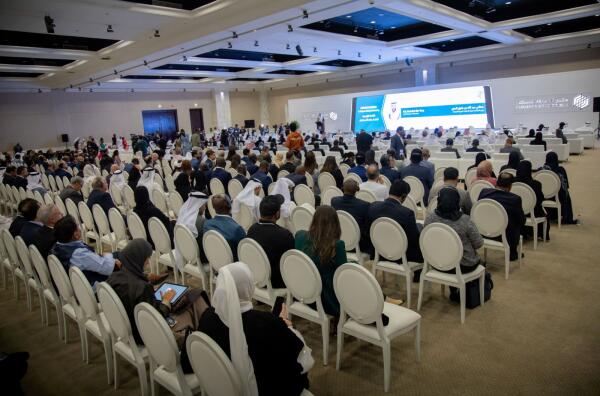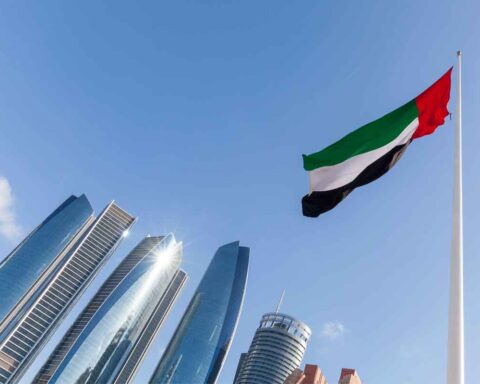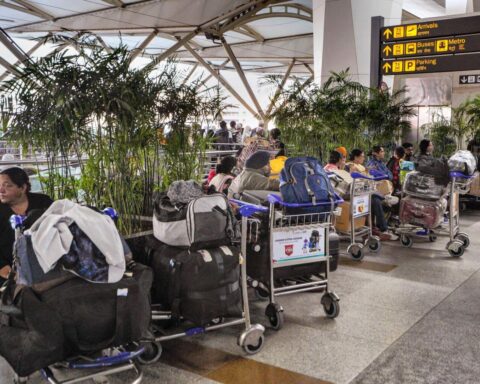UAE Aims to Become Global Hub for Innovation-Based Economy by 2034, Minister Says
UAE’s Strategic Reforms and Economic Initiatives Set the Stage for a Future-Forward Economy Focused on Knowledge and Innovation

With Legislative Reforms and Economic Policies, UAE Sets Ambitious Goal to Lead in Knowledge and Innovation by the End of the Decade
In a bold vision for the future, Abdullah bin Touq Al Marri, the UAE Minister of Economy, has announced the country’s strategic goal to emerge as a leading global hub for an “innovation-based economy” by the next decade. The UAE, already a significant player on the global stage, aims to leverage recent legislative reforms and economic policies to drive this transformation.
Addressing attendees at the Sharjah Investment Forum, Al Marri highlighted the UAE’s commitment to fostering a national economy anchored in knowledge and innovation. “Our vision is to build a robust, knowledge-driven economy over the next ten years,” Al Marri stated. “This ambition is key to achieving comprehensive development for the UAE and contributing to the sustainable development goals.”
The UAE has made significant strides in reshaping its economic landscape. Recent reforms include amendments to the Commercial Companies Law, allowing 100 percent foreign ownership and the establishment of companies, as well as updates to visa and residency systems aimed at attracting talent and entrepreneurs. The introduction of the Federal Law on Family Businesses and Dispute Resolution Mechanisms underscores the UAE’s commitment to enhancing its regulatory environment for family businesses.
Further advancing its economic agenda, the UAE is developing the National Economic Registry in line with global best practices and promoting green growth policies. The country has set a target of achieving net-zero emissions by 2050 and has forged comprehensive economic partnership agreements with key emerging markets, including India, Indonesia, and Turkey. These partnerships open new opportunities, potentially impacting a fifth of the world’s population.
The UAE’s economic performance reflects these strategic initiatives. Non-oil foreign trade reached a record Dh1.4 trillion ($382 billion) in the first half of 2024, marking an 11.2 percent year-on-year increase. Non-oil exports saw a notable 25 percent growth, and the number of commercial licenses surged to a record 900,000, with significant activity in Sharjah.
In 2023, the UAE attracted nearly $31 billion in foreign direct investment (FDI), with $22 billion in outward FDI flows. This impressive influx of investment is indicative of the UAE’s growing appeal as a global investment destination.
Al Marri acknowledged the broader economic challenges facing the global economy, including price fluctuations and geo-economic fragmentation. Despite these hurdles, he expressed confidence in the UAE’s ability to adapt and thrive. “Our country has all the necessary tools to confront these challenges and remain resilient,” he assured.
Sharjah, in particular, plays a crucial role in the UAE’s economic diversification. With 96 percent of its economic activity derived from non-oil sectors, Sharjah is a testament to the country’s successful transition towards a diversified economy.
Al Marri concluded by emphasizing the UAE’s dedication to its open economic policies and integration into the global trading system. These efforts are essential for building a knowledge-based economy and maintaining flexibility in the face of evolving global challenges.
Post Views: 295
















